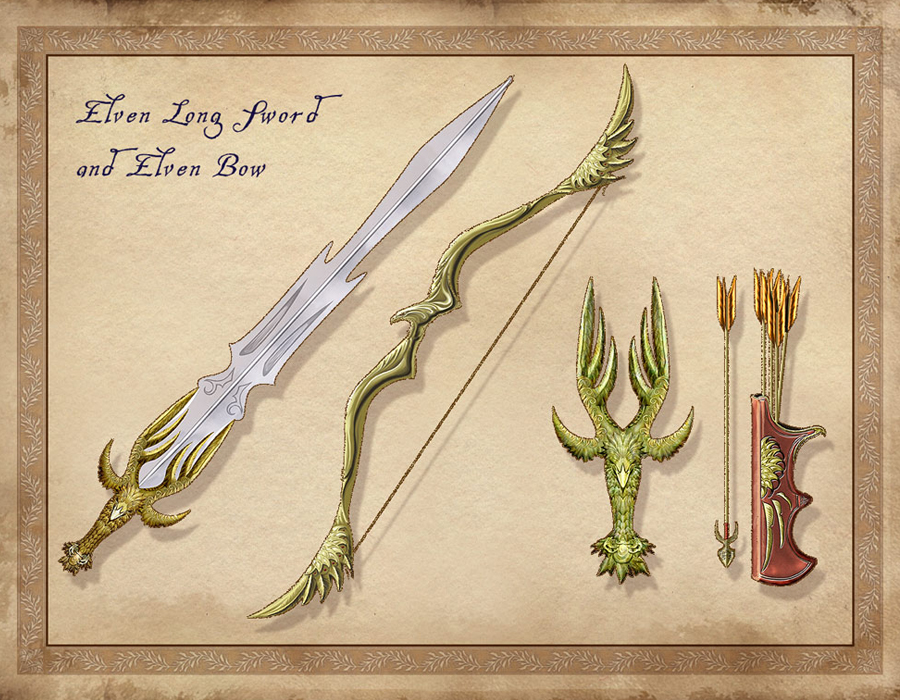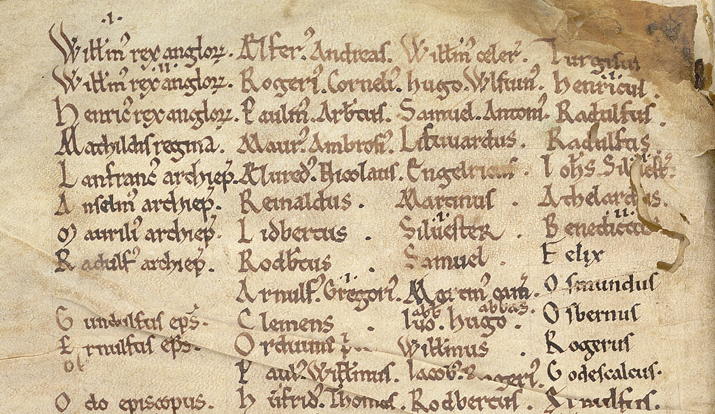A patron requested type of cats, and as such I felt obliged to give cats a full treatment much like a very early article I wrote about Dogs for the Dolmenwood setting. I've recently found some of the hard copy items from my Wildwood Manuscripts project---which were lost when a previous computer caught fire---and so it felt only wise to begin building towards my own workings again. Pending no further calamity in my future, I do desire to get back into publishing; in this case periodical zines.
What follows are five breeds of cats for use in traditional occidental fantasy settings. They'd fit just fine in the Dolmenwood, the Midderlands, Great Lunden, or wherever forests, fields, and posh folk are abound. As cats are generally not assumed to be used as combat companions (unlike a dog might), they are intended to have the following statline:
AC 9, HD 1/2 (1hp), Att 1 x Natural Weapons (1d3-2), THAC0 19, MV 40' (25'), SV 16, ML 5, AL N, XP 5, NA Solitary or 1d3 (as Pets), 1d4+1 (as Feral Cats), 1d8+2 (as Alley Cats Pack).
Expect five more cats before the end of the week, as well as some additional visual randomizers and traits.
1. The Queensown cat is a menacing thing of plump chubby build, stubby legs, folded face, and a malicious desire to rip apart small beautiful things and impale their severed pieces upon any pointed edge it can find. Their mewing is said to sound cruel, like the jovial laughter of a powerful maiden who has just condemned a group of orphans to live out their lives inside an oven. Their fur coat is, however, exquisite, and the Queensown take joy in being festooned with ribbons or being carried about like a trophy. These kinder qualities make the Queensown the perfect cat for nobility, even though many would prefer the symbolism be lost to outside observers.
They are generally of a nature to accept other, lesser, cats as part of their environment; as they tend to despise other Queensown cats. This complicates things as a Queensown will, generally, only ever seek to copulate with a Queensown; or rather they will only not prey upon the birthed litter that is born from union with another Queensown. They have a tendency to loudly meow when they sense the presence of the poor (how poor exactly, is comparative to the environment they dwell within), and to hiss when exposed to unpleasant smells.
If left to its own devices, there is a 1-in-6 chance that the mangled impaled creature art created by a Queensown cat may contain a minor reagent, a minute faerie in grave agony, or be viewed as some sort of interesting objet d'art.
2. The Digging Blathercat is an often feral, burrowing cat of scabrous naked hide, milky eyes, long legs, and radial ears which it folds over its face when engaged in digging. Though more common on the periphery of bogs, they have in recent years become more common in the filthy recesses of the urban sprawl; where they bury themselves in excrement and trash, feasting on the ample rats and vermin that might otherwise congregate therein. They are a talkative breed, honking and mewling to one another in what scholars to believe a relatively complex language used to determine the depth of pits and the stability of tunnels. Their paws have long, almost mole-like claws, with calloused webbing between their toes.
While not the most popular breed for keeping in ones home or around the farm (their burrows can ruin a field as badly as any marmot), they are held kindly by river-dwelling folk. Blathercats are reliable anglers, digging clever burrow traps on the edges of the water which inevitably trap many smell fish for their feeding pleasure; granting them a 2-in-6 chance of successfully hunting fish enough to feed their master when given time enough to dig and hunt.
They take kindly to more rugged but caring individuals, namely those who can appreciate their often painful grooming rituals. Miners have attempted to make use of them to better sense gas deposits, but the cats do poorly in the cold dankness of a shaft. They disdain clothing for the most part, though can be made to wear outfits of baked clay and fronds, which are tolerable to their flesh.
3. Roosh Tabbies are a common sight on sailing ships, believed to bring good luck to sailors though primarily kept on due to their keen eyesight and playful violence when it comes to vermin. A Roosh Tabby is a long polydactl cat, able to sway with the turning of a boat, snake itself between the legs of sailors in cramped quarters, and using its extra fingers and toes to keep a firm grip on the deck of a ship. Their ears are small and floppy, often kept down to avoid the spray of sea water into their ears proper; one of the few things that seems to put them into a state of rage. They are reliably of calm nature when treated like another member of the crew and given the distance such a position allows for. They hate being held or grabbed, and they have no love for children; who more often than not, lack the proper respect for the cat.
Roosh Tabbies are skilled swimmers, though they only enjoy swimming in very specific situations. They have been observed leaping from high rocks or tree branches into warm, briny waters, swimming in circles and figure eights like a common otter, and then laying half-submerged on the beach. They don't seem to regard other cats as their peers, having much more in common with dogs; who they treat like lesser crewmen in need of a good thumping.
In the event of someone falling overboard, a Roosh Tabby has been known to heroically leap and dive to save mortal man from the watery depths. In such a situation, a Roosh Tabby is able to move and swim at double speed, and to force itself to carry the drowning as though it were a STR 16 character. Rooshy Tabby are by no means suicidal in their heroics, and when they cannot save someone they tend to fall into deep depressing spells until next time they receive leave at a port.
4. Swaddled Wild Cats are cantankerous forest cats, more at home in the low taiga than they are in any civilized society. They are noted, primarily, for the long flaps of flesh between their forelimbs and rear limbs, which they use to ferment marking pheromones and to swaddle themselves and their young in the colder months. Their faces seem to be in near constant states of panic, their eyes are bugged out and wild, their mouth a mewling snarltoothed grump. They hunt small woodland rodents, birds, though they enjoy the taste of frog more than any other meat. They use a chewed paste of frog meat, left to ferment in their flaps, as a means of wooing mates in the wild; showing their talent as a hunter.
Swaddled Wild Cats can be trained and domesticated, but this will often lead to them putting other, fouler things, in their flaps to ferment. Though all versions possess a terrible stench, off-putting to most, but which can overwhelm nearly any other smell. Hunters have sometimes made use of these cats to help them travel through dangerous territories undetected; though none would call it a pleasant experience.
When domesticated, Swaddled Wild Cats enjoy the company of infants, who they will attempt to swaddle beneath their flaps and to attend to the grooming of. They tend to nestle in the smellier areas of barns or beneath a raised oven, clinging to corners so as to consolidate their heat.
5. Hobbleknobs, aka the Harlot's Knave Cat, aka the Goodie Guardian, is a thin cat with a peculiar knack for mangling the genitals of unshorn men. Depending on whoever is being asked, Hobbleknobs are either blessed servants of the True God who help defend the virtue of maidens; or they are familiars of the most cruel and bleak of witches. Physically they tend to be of greyish coloration, with smooth pelts and innocent childlike eyes. Their tails are short, and when they deign to, Hobbleknobs hobble about on two feet, bowing and lurching like a common drunk. Their forepaws possess two exceptionally sharp claws which come out to their fullest length when walking in this manner, and it is when these variables occur near a naked man with a bountiful pubic region, that it feels compelled to slash, claw, and carry off a penis.
Hobbleknobs universally, hate dwarfs. They seem to sense an innate desire all dwarfs possess to have beards, and this drives a Hobbleknob into a petty, screeching rage. They are kind, somehow, to all women regardless of demeanor or appearance; treating them as something to be assisted against the hirsute masculine. They are a popular pet among the owner of houses of ill repute as well as matron superiors; and there is reason to believe they may be part of the origin for "crazy cat ladies." Of course if a penis-haver does shave in that area, the Hobbleknob sees utterly uninterested in mutilation.
Hobbleknobs deal critical damage to hairy, unshorn men, on a range of 18-20; and they always leave behind a horrifying wound when attacking their favored area of attention. Despite all their violence, it should be noted they are perfectly fine with children and really only have an issue with men who aren't wearing trousers or some sort of covering.
Hobbleknobs deal critical damage to hairy, unshorn men, on a range of 18-20; and they always leave behind a horrifying wound when attacking their favored area of attention. Despite all their violence, it should be noted they are perfectly fine with children and really only have an issue with men who aren't wearing trousers or some sort of covering.
 |
| I had to make one when I saw this picture. I had to. |









